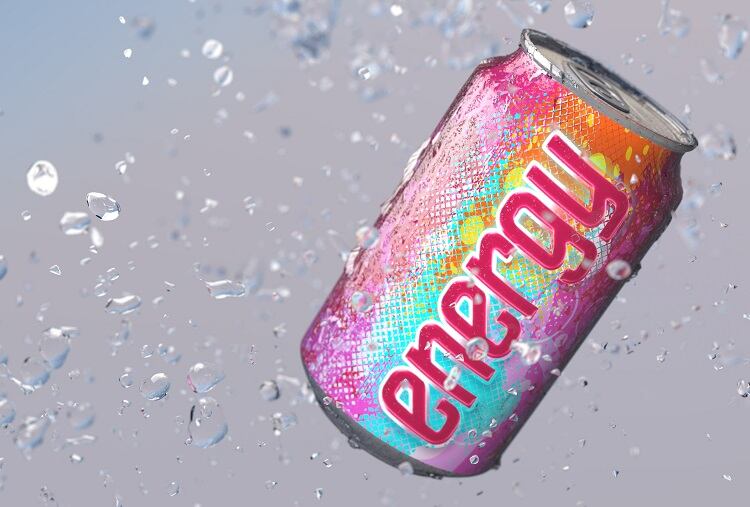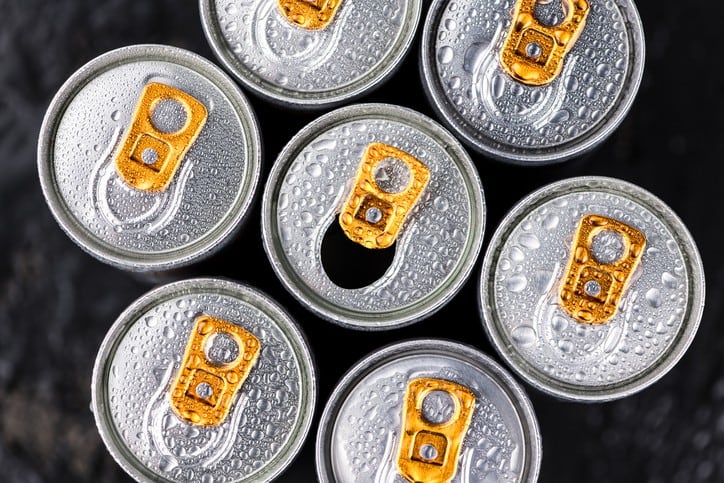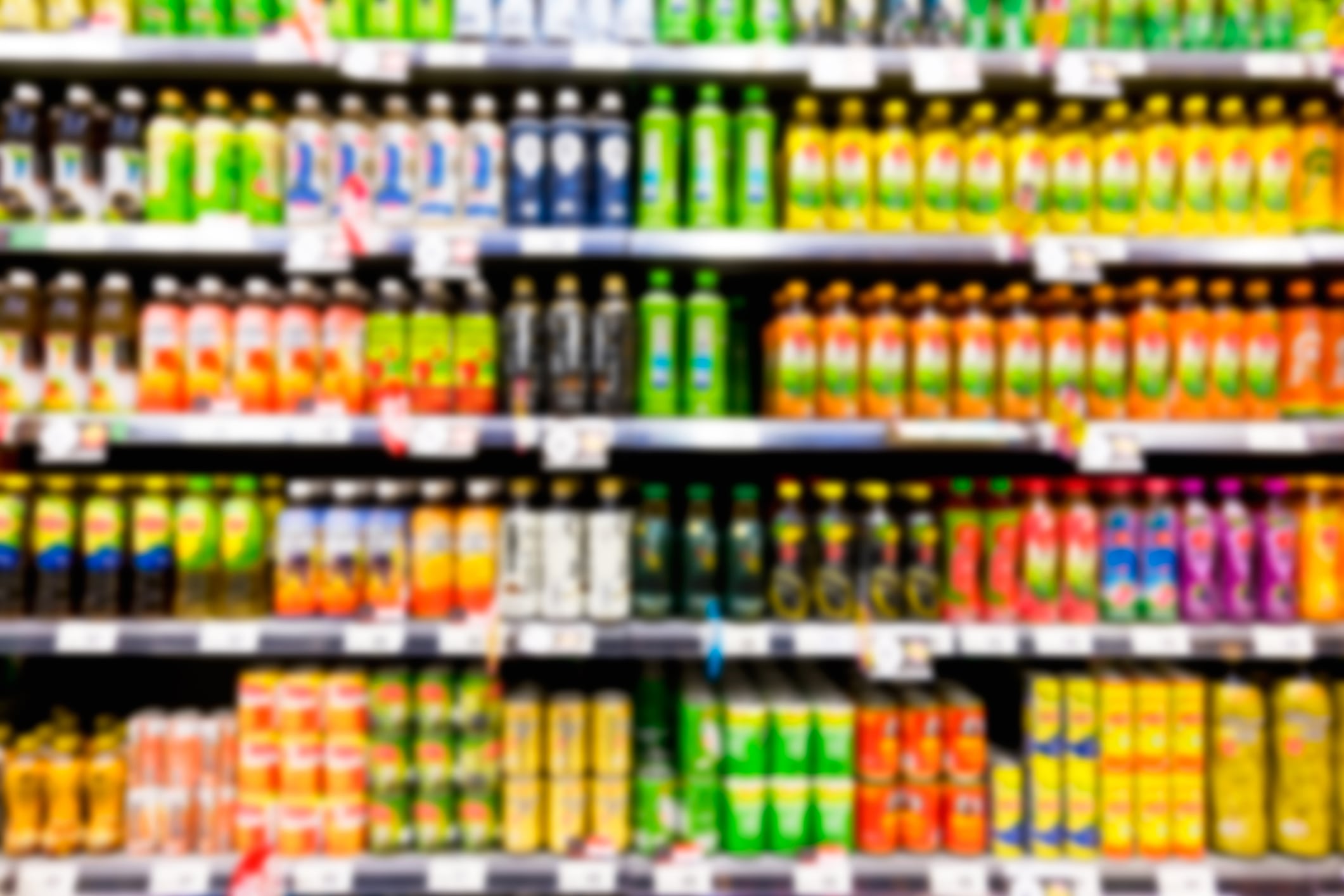Energy drinks are defined as non-alcoholic beverages that contain caffeine, usually in quantities of 80mg per 250ml can.
Caffeine, in a variety of formats, is consumed regularly in small to moderate quantities across Europe. When consumed to excess – which the European Food Safety Authority (EFSA) deems as more than three milligrams per kilogram of body weight per day for children and adolescents – caffeine can bring on nervousness, insomnia, gastrointestinal complaints, palpitations and increased blood pressure.
But beyond palpitations and boosted blood pressure, what effects does consumption of energy drinks have on young adults’ cardiovascular systems?
The study
Researchers from the German Federal Institute for Risk Assessment (BfR), a scientifically independent institution overseen by the Federal Ministry of Food and Agriculture, used data from a 2013 study to assess the drink’s effects on the heart depending on the dose.
The earlier study, now six years old, investigated the consumption of energy drinks during special events – such as in dance clubs, music and sports events, and at computer game parties. Research found that at these events, 17% of all consumers of energy drinks and 10% of all respondents consume one litre or more of energy drink, whether drunk pure or mixed in with alcoholic beverages.
Using this data, the researchers analysed various influencing factors on the cardiovascular system together with studies on the consumption of energy drinks. Only studies which focused on the acute effect of energy drinks were used, i.e. within or up to a three-hour period.
Findings
The BfR found that – in line with EFSA’s thinking – acute, moderate consumption of energy drinks does not lead to any undesired effects in healthy young adults.
“In the view of the BfR, the moderate consumption of energy drinks does not therefore pose a health risk to healthy adults,” noted the German institute.
When, however, an energy drink is consumed to excess, in quantities of one litre or more – as was found to be the case at certain ‘special events’, according to the 2013 study – moderate to severe undesired effects were observed in young adults. These effects include palpitations, shortness of breath, severe nausea, anxiety, nervousness, and uncontrolled muscle tremors.
By drinking energy drinks to excess, these children and adolescents are exceeded the caffeine intake quantity regarded as of ‘no concern’ by the EFSA. The BfR therefore deems these children and young adults to be ‘at-risk’, especially concerning the health of their cardiovascular system.
"The ten percent of children and adolescents who consume a litre and more of energy drinks within a few hours should be seen as a high risk group," said BfR President Professor Dr Andreas Hensel.
"Many of them are not aware that the additional consumption of alcohol or strenuous physical exercise can further intensify the undesired effects of caffeine.“
Energy Drinks Europe
When FoodNavigator contacted Energy Drinks Europe (EDE) for its take on the BfR’s findings, the membership organisation said it promotes a 250ml portion size:
“Energy drinks are non-alcoholic beverages which contain about the same amount of caffeine (80mg per 250ml) as a cup of coffee.
“In 2015 the European Food Safety Authority (EFSA) confirmed the safety of energy drinks. EFSA also confirmed that the main contributors to daily caffeine and intake in all age groups are tea, coffee, chocolate, and other non-alcoholic beverages.
“To support responsible caffeine and sugar intake, EDE members have long promoted a 250ml energy drink as the appropriate portion size for single serve energy drinks, in addition to developing sugar free options.”
The BfR recommends information and education surrounding the excessive consumption of energy drinks be increased, particularly for children and adolescents, suggested that this risk group could easily be reached through campaigns in schools.




